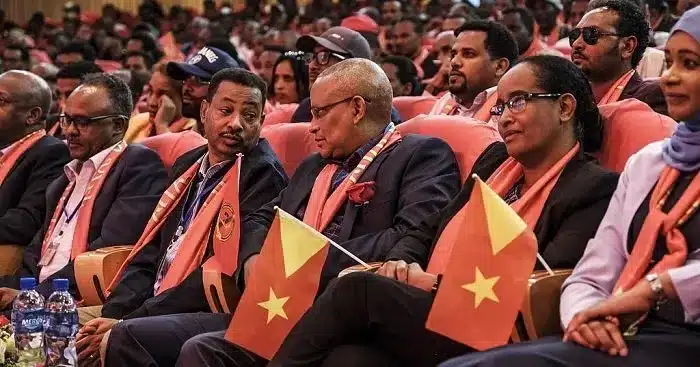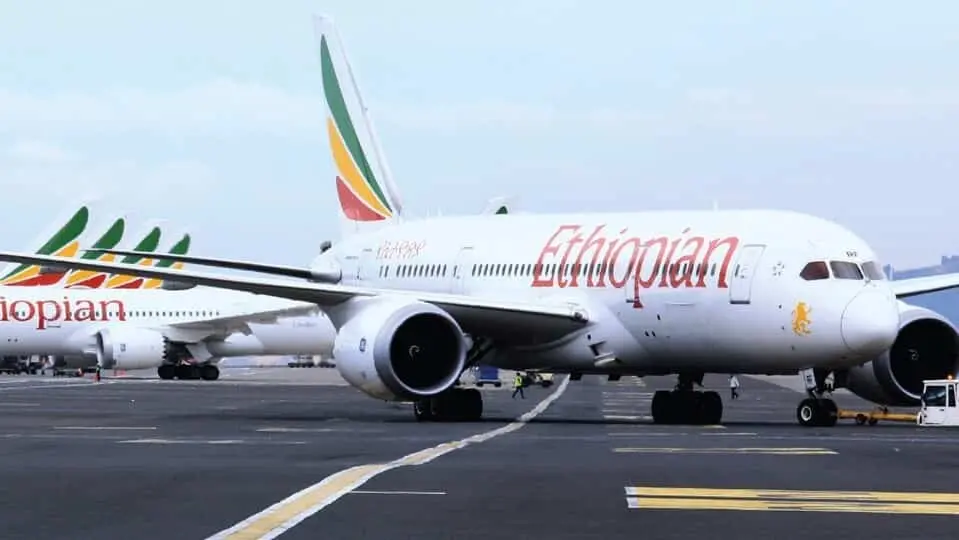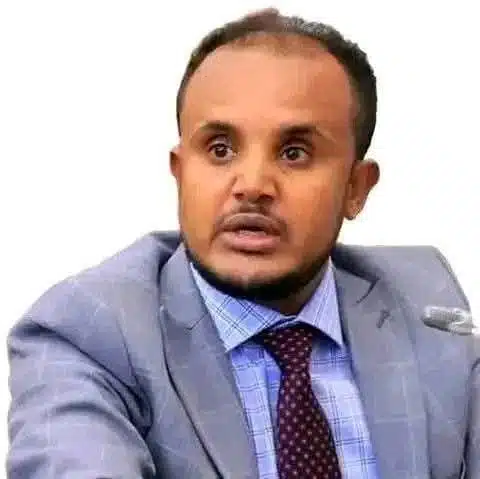
The Role of Abiy Ahmed in Tigray
At the heart of the restive Tigray province, a burgeoning storm of socio-political tremors has been steered by Abiy Ahmed of Ethiopia. By inviting residents of Tigray to nominate a new leader, Abiy has created waves in the tumultuous pool of Ethiopian politics.
The tensions in Tigray, which have taken root over time, are a culmination of long-standing political and ethnic disparities. The Tigray People’s Liberation Front (TPLF) held a significant sway in the Ethiopian government for over three decades but has been sidelined since Abiy Ahmed took power in 2018. The exclusion of TPLF from Ahmed’s ruling coalition fueled dissatisfaction and dissent, which ultimately erupted into a full-blown conflict with the central government.
Several key events have facilitated the deepening of the chasm between the federal government and Tigray’s administration. One defining moment was the decision by the TPLF to hold regional elections in September 2020, defying the central government’s postponement of the polls citing COVID-19. This was seen as a direct challenge to the government’s authority, leading to escalating tensions. Ahmed’s decision to send federal troops to Tigray in November 2020, alleging an attack by the TPLF against the military, marked the start of a deadly armed conflict troubling the region ever since.
Stepping into the nascent political vacuum left by his predecessor in 2018, Abiy Ahmed has pursued a set of distinctive strategies. An advocate for unity, he disassembled the ruling coalition and founded the Prosperity Party, aiming at promoting national solidarity. However, this act disenfranchised the Tigray’s dominant political faction, leading to amplified resentment and claims of marginalization.
As part of his mission to stabilize the region, Ahmed invited residents of Tigray to nominate their new leader, an initiative seen as a democratic measure to resolve the crisis. Despite the diplomatic talks, the impact of his military responses have received substantial criticism, further adding complexity to the Tigray issue. Nevertheless, Ahmed’s administration continues to strive for peace, signaling an openness to dialogue and negotiation on Tigray’s future.
Process of Nominating a New Leader for Tigray
The nomination of a new leader for the restive Tigray province is a step nearer as Ethiopian Abiy Ahmed has called upon the residents. The unique application of democracy in this process is worth noting. Let’s delve into the criteria for the nomination, how the community can get involved, and who the potential candidates for leadership are.
Criteria for Nomination
Bringing stability back to Tigray hinges critically on the successful selection of a new leader who embodies the characteristics and experience necessary for the task at hand. This gauntlet brings about two important fronts in consideration.
Eligibility and Qualifications
Seekers of this position must fulfill certain eligibility and qualifications, identified by both the Abiy Ahmed and the residents of Tigray. A viable candidate must be of Tigrayan descent or having substantial connections to the region. Moreover, the candidate must possess a track record of diplomatic relations and a capacity to manage civil unrest, crucial in the bid to ease mounting tensions that have escalated within the province 🌍.
Community Involvement in the Process
Community involvement in the appointment process is a defining characteristic of this new leader’s nomination. Residents of Tigray have a substantial voice 🗣️ in selecting a candidate who they believe will champion their interests. This includes open forums to air their views and town hall meetings to get to meet and scrutinize the possible leaders. Indeed, Prime Minister Ahmed has invited the residents of Tigray to champion this very process, a move that reinforces a powerful message of democratic engagement.
Potential Candidates for Tigray Leadership
The prospect of a fresh start for Tigray rests on the shoulders of its next leader, making it critical to understand who the potential candidates may be.
Profiles of Possible Leaders
At present, various figures have emerged as potential leaders, widely recognized for their leadership attributes and inherent connection to Tigray. These individuals, many of whom have significant influence and understanding of Tigray politics, afford the area a pool of worthy candidates, suitable for steering the region toward a bright -*fvb future.
Public Opinion and Support
The ultimate choice of Tigray leadership lies in the hands of the public who express their support through their votes. As it stands, the vocal support from different factions significantly impacts the chances of potential candidates. The democratic nature of this selection process ensures that the individual who becomes the new leader of Tigray obtains the confidence and mandate of the people they wish to lead.
In conclusion, the nomination of a new leader for Tigray is a crucial turning point in the province’s quest for long-lasting peace and stability. As such, the process of nomination, including eligibility, community involvement, and public opinion, remains a significant focal point as this story continues to unfold.
Implications of Leadership Change in Tigray
As Ethiopian Prime Minister Abiy Ahmed invites residents of Tigray to nominate a new leader, it is essential to investigate the potential implications the change may have on the region.
Impact on Regional Stability
In the short-term, a new leadership could bring about a palpable sense of uncertainty, as shifts in power often do. Especially in a region marked by conflict, the initial transition period can be vulnerable to increased tensions and unrest, primarily if the leader nominated by the residents does not align with the expectations of key political and military factions. However, with a carefully orchestrated and inclusive nomination process, this period could also usher in a renewed sense of hope and optimism for a peaceful resolution of the conflict.
Long-term Outcomes
The long-term outcomes hinge significantly on the strength and steadfastness of the newly appointed leader. A leader capable of achieving a robust consensus may succeed in facilitating lasting peace and stability in Tigray. However, a leader lacking in political tact or public support might perpetuate the current cycle of instability, leading to a long-standing impact on the region’s socio-economic development.
Challenges Ahead for the New Leader
The leader nominated to take the helm in Tigray will undoubtedly face numerous socio-economic obstacles. The province has been ravaged by conflict, leading to significant infrastructure damage, the displacement of residents, and heightened food insecurity. It will be vital for the newly nominated leader to prioritize rebuilding efforts and humanitarian assistance to ensure the province starts on a path towards recovery and growth.
Political and Security Issues
Apart from socio-economic challenges, the appointed leader will also need to grapple with political and security issues. They will need to address inter-group tensions, ensure the security of civilians, and promote the rule of law. Given the deeply rooted nature of these problems, this will require both patience and resilience.
In conclusion, the leadership change in Tigray goes beyond simple power transition. It carries the potential to reshuffle the political landscape and pivot the region towards peace and development long years to come. Whether this potential is realized will largely depend on the nominated leader’s ability and the strength of their mandate. 🕊️



Tigray influence in Ethiopia is too much. We should be separating ourselves from people in the North. I didn’t grow up thinking I was Habesha. I am proud of Shewa and I think we are better than Tigray and especially better than Eritreans.
We are not the same people! Now It is time to separate so we can have peace like we used to.